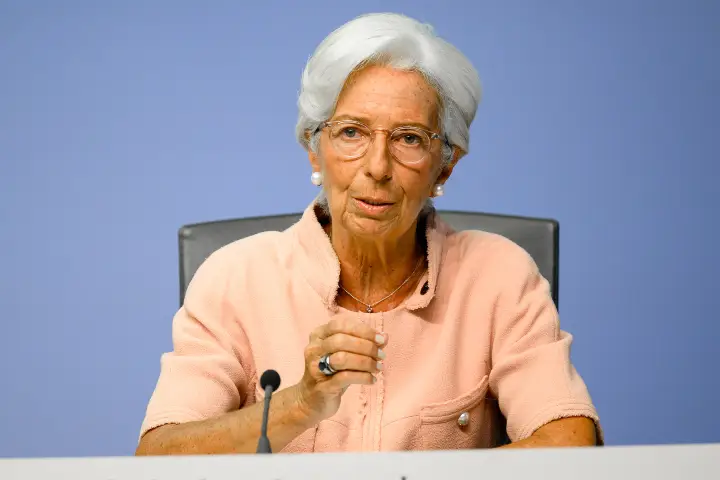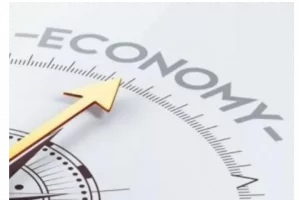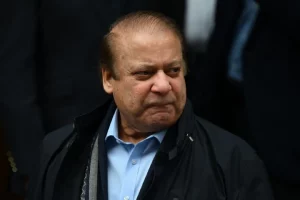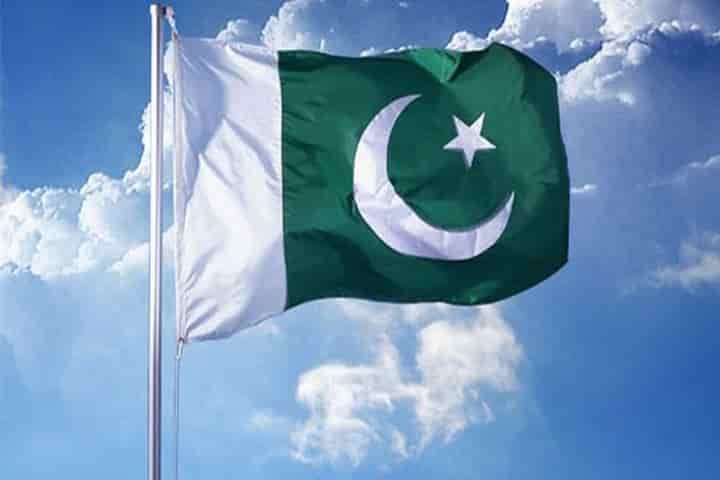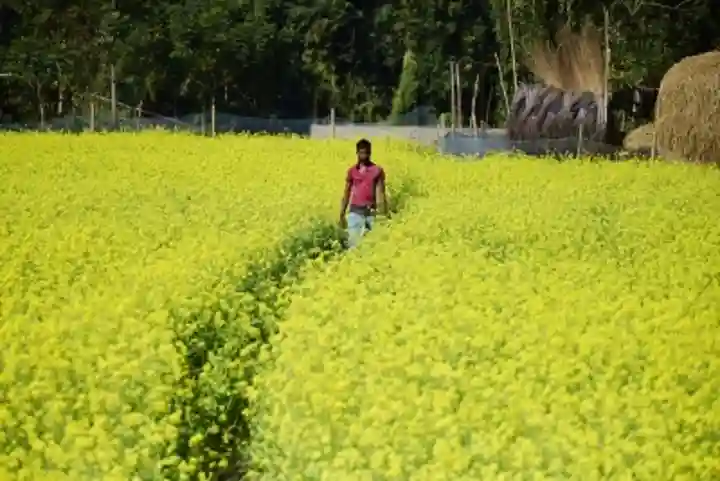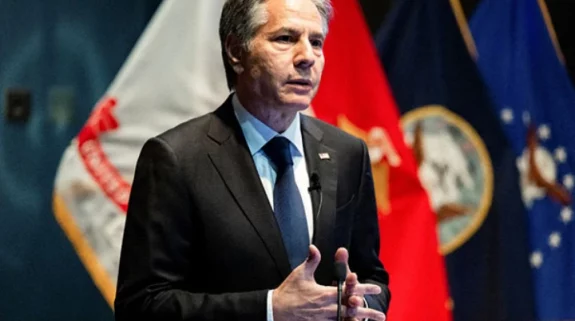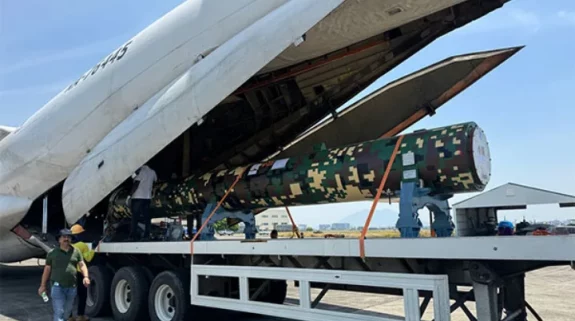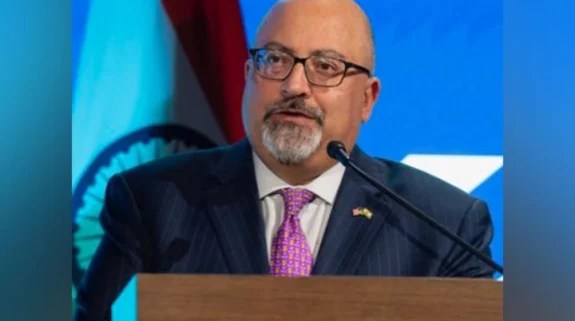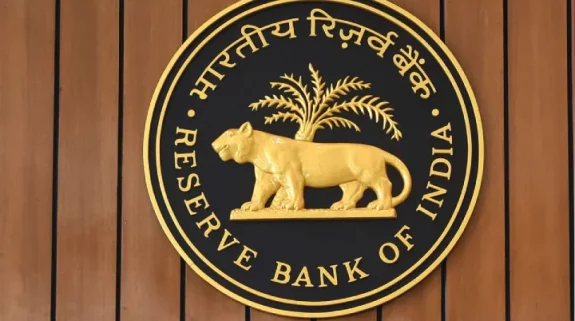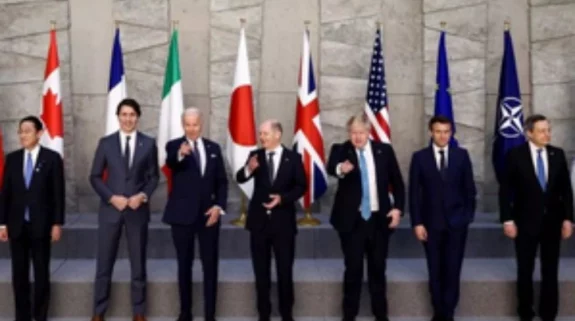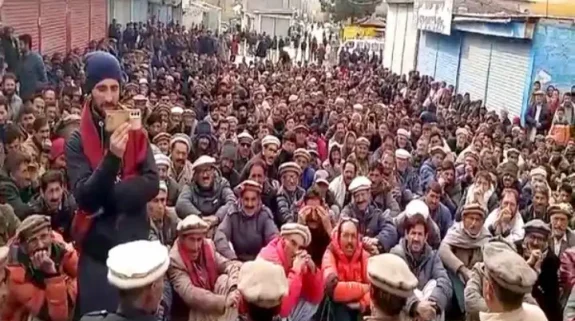Your travel to Europe for work or holiday could be cheaper now as the Euro continues to lose its sheen. But there’s a caveat. Be prepared to stay without electricity or even hot water. Fears of a recession driven by uncertainty over Russia gas supply have led to the rapid depreciation of the Euro, the currency of the Eurozone. Currently pegged at just over $1, it is the lowest in two decades. Though the value of the currency is likely to remain at this level for some time, in one year it could be less than a dollar. The high inflation in the Euro area is also adding pressure to the currency.
The Trading Economics global macro models estimate it to trade at 0.97 in 12 months.
Several countries including Germany, the biggest economy in Europe, are staring at an acute gas shortage driven by the Russia-Ukraine war.
“For one, we think gas supply in the euro-zone will remain tight and gas prices high. This is part of the reason why we expect the euro-zone economy to flirt with recession this year, even though we are only assuming a slowdown, rather than a halt to Russian gas supplies,” Capital Economics Markets Economist Franziska Palmas said in a note.
Christine Lagarde, President, European Central Bank however last month said that concerns over a recession in the euro zone was unfounded. She said that while the EU will register growth, it could be lower. In 2021, the EU registered a growth rate of 5.4 per cent and Euro area 5.34 per cent.
The OECD earlier said that after a strong rebound in 2021, real GDP in the EU could grow by 2.6 per cent in 2022 and 1.6 per cent in 2023.
“But that number does seem to be coming from anywhere and there are concerns of prolonged economic stress,” an analyst told India Narrative.
The Russia-Ukraine crisis has significantly pushed cost of living. The annual inflation of living in the Euro area touched 8.6 per cent in June, up from 8.1 per cent in May.
The ill conceived sanctions against Russia have dealt a blow to the continent. From today, Europe’s key gas pipeline Nord Stream 1, running through the Baltic Sea, will be shut down for 10 days for maintenance at a time when the continent is already reeling under shortage.
The bigger worry for these countries is that even after July 21, Nord Stream 1 may not operate on full capacity and this will be a serious cause for concern, threatening the bloc's objectives to fill up storage capacity before winter.
The energy crisis has particularly hit Germany, Europe’s biggest economy. According to a report in Fortune, last year, Germany relied on Russia for 55 per cent of its natural gas imports. Though it has now reduced to 35 per cent, the country is now staring at a crisis like situation.
Also read: After the Ukraine war, is Europe now staring at a food crisis?
The Ukraine war shapes a new world order – unipolarity crumbles to give way to multipolarity—Part 2






